Todo un honor, sin duda, aparecer reseñado como referente en este ensayo de Robert Lee sobre literatura beat, "The Routledge Handbook of International Beat Literature", editado el pasado mes de mayo en Inglaterra, donde analiza las líneas de influencia de los poetas beat en diversos países y continentes, junto a los escritores Antonio Cordero Sanz, Leopoldo Mª Panero, Carlos Edmundo de Ory, Carlos Oroza, Fernando Merlo, Uberto Stabile y Jesús Fernández Palacios:
Spain looks to a number of departure-points in its literary engagement whit Beat. Estíbaliz Encarnación-Pinedo takes as departure-point the 1967 Beat Special Issue of the magazine Claraboya/Skylight for how this tralations of Ginsberg, Kerouac, Corso and other helped inspire a poetics beyond Francoist cultural inertia. Ricardo Barnatan's Antología de la Beat Generation (1970) serves a follow-on landmark. Other pioneering belgons to the poetry of Carlos Edmundo de Ory in work like Sin Permiso de Ser Ángel (Angel without a Permit, 1988) whit this tributary "Visitanoche a Allen Gingberg"/"Evening Visit to Allen Gingberg", and Carlos Orza in the dark city of "Se prohibe el paso" ("No Trespassing"). La transición, as the politics of the 1970s became known, its prelude and enactment, looks to Leopoldo María Panero, his early prose-poetry and hallucinatory visions of break-down in Poemas del Manicomio de Mondragón (1987), Jesús Fernández Palacios in poems like "Treinta Monedas de Pus" (Thirty Coins of Pus) full of accusation at Spanish politics and whit due naming of Beat writers, and Fernando Merlo, author of the broken world set forth in his posthumous Escatófago (2004). Contemporary Beat has a range of voice to be met in Vicente Muñoz Álvarez's dissident and greatly Ginsbergian "Cola para genocidio" (Genocide Qeuquing), Uberto Stabile's "En el camino" whit its explicit "road" affiliation to Kerouac, and Antonio Cordero Sanz's Beat-inspired literal and literary journey in Bardeo (2014).
Spain looks to a number of departure-points in its literary engagement whit Beat. Estíbaliz Encarnación-Pinedo takes as departure-point the 1967 Beat Special Issue of the magazine Claraboya/Skylight for how this tralations of Ginsberg, Kerouac, Corso and other helped inspire a poetics beyond Francoist cultural inertia. Ricardo Barnatan's Antología de la Beat Generation (1970) serves a follow-on landmark. Other pioneering belgons to the poetry of Carlos Edmundo de Ory in work like Sin Permiso de Ser Ángel (Angel without a Permit, 1988) whit this tributary "Visitanoche a Allen Gingberg"/"Evening Visit to Allen Gingberg", and Carlos Orza in the dark city of "Se prohibe el paso" ("No Trespassing"). La transición, as the politics of the 1970s became known, its prelude and enactment, looks to Leopoldo María Panero, his early prose-poetry and hallucinatory visions of break-down in Poemas del Manicomio de Mondragón (1987), Jesús Fernández Palacios in poems like "Treinta Monedas de Pus" (Thirty Coins of Pus) full of accusation at Spanish politics and whit due naming of Beat writers, and Fernando Merlo, author of the broken world set forth in his posthumous Escatófago (2004). Contemporary Beat has a range of voice to be met in Vicente Muñoz Álvarez's dissident and greatly Ginsbergian "Cola para genocidio" (Genocide Qeuquing), Uberto Stabile's "En el camino" whit its explicit "road" affiliation to Kerouac, and Antonio Cordero Sanz's Beat-inspired literal and literary journey in Bardeo (2014).
Vicente Muñoz Álvarez

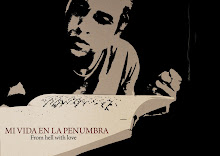





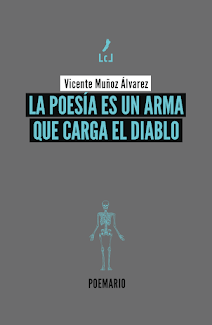











































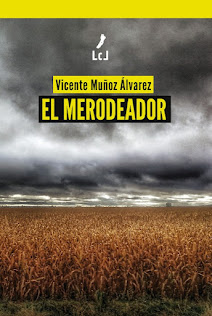




























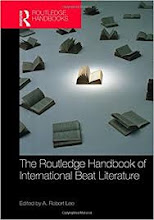

























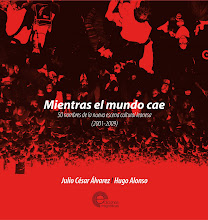








.jpg)


















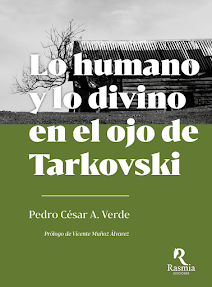























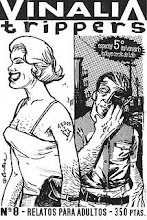

































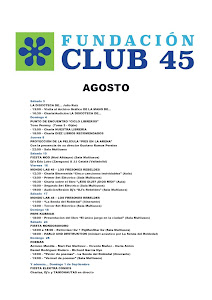
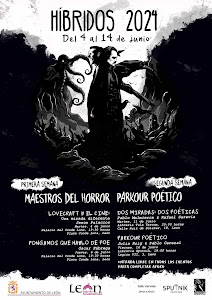

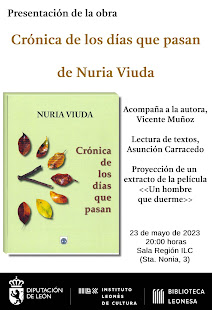
























































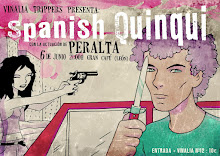

























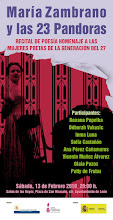























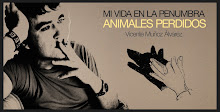


No hay comentarios:
Publicar un comentario